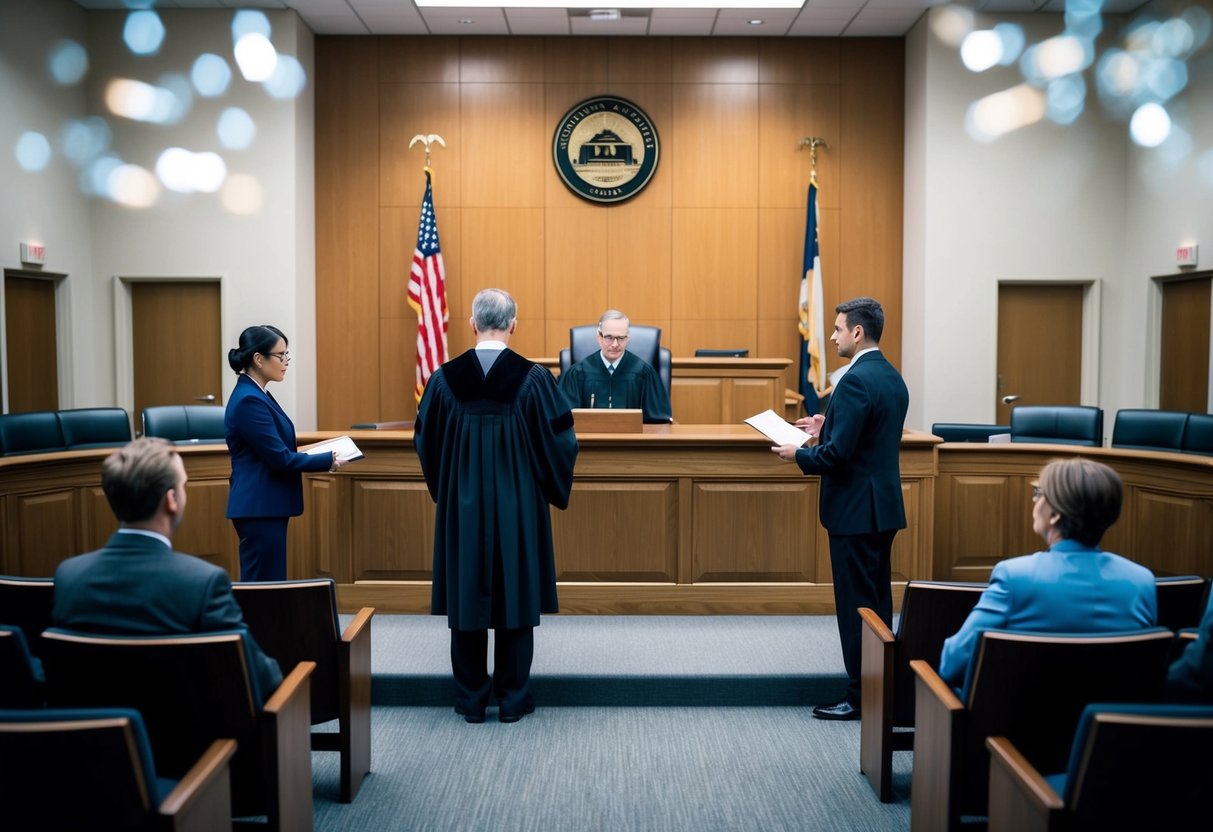Understanding Criminal Records and Drug Offenses
When we talk about criminal records, we’re discussing a formal record of someone’s contact with the criminal justice system. This includes arrests, charges, and court outcomes.
Drug offenses can vary widely. In the United States, common charges include drug possession, selling drugs, and trafficking. These offenses can be classified as misdemeanors or felonies.
- Misdemeanors: Less serious crimes with lighter penalties.
- Felonies: More serious crimes with harsher penalties.
Influence of Drug Convictions on Criminal Records
Different states have different laws. For instance, drug possession charges in New York might be treated differently than in Florida or Texas.
Impact on Background Checks
Employers often use criminal background checks to screen candidates. An arrest or conviction on your record can make it harder to find a job. This is regulated by bodies like the Equal Employment Opportunities Commission.
Felony convictions can be particularly harmful. They can be a red flag during criminal history background checks and may limit opportunities.
Other Consequences
Having drug offenses on your record can affect several aspects of your life:
- Limited job opportunities
- Restricted ability to travel abroad
- Restrictions on housing and loans
Contact With the Criminal Justice System
If you’re arrested, it’s crucial to understand your rights and options. For those with felony defendants, legal representation can be vital to navigate the system.
Conclusion
Criminal records, especially those involving drug offenses, carry significant consequences. We must be aware of this to make informed decisions.
Consequences of Drug Offenses on Life Opportunities
Drug offenses can significantly alter one’s life, impacting various aspects, from employment to social settings. Here, we explore how drug offenses affect employment, education, and social-economic factors.

Challenges in Employment and Education
Drug offenses often show up on background checks during job applications. This can make it tough to find employment opportunities. Employers might see a criminal record and not want to hire someone with that history due to potential liability issues and trust concerns.
Educational opportunities are also affected. Getting into colleges and universities becomes harder, and securing scholarships or financial aid can be a challenge. Institutions may view applicants with a drug offense as higher risk, making acceptance less likely.
Expungement can help remove the offense from records, but this process is complex and varies by state. Without legal advice, navigating this process may seem daunting.
Social and Economic Implications
Drug offenses have broad social and economic consequences. Those with a criminal record often face discrimination and stigma that affect their personal lives. For instance, renting a house or apartment might be more difficult due to background checks and biases against individuals with a record.
These offenses can also lead to probation or parole, which come with strict conditions that limit job possibilities and personal freedom. Other consequences include loss of voting rights, difficulty in reentry into society, and higher risks of recidivism.
Drug offenses disproportionately impact communities of color and the poor, highlighting issues within the criminal justice system. These groups often face more severe sentences and racial hiring practices that exacerbate economic challenges.
Legal Processes and Support Mechanisms
Understanding the legal processes and support mechanisms is crucial for anyone facing charges related to drug offenses. We’ll cover key aspects like trials and sentencing, as well as strategies for rehabilitation and reintegration.
Navigating Trials and Sentencing
When facing a drug offense, having a trustworthy attorney is crucial. They guide us through the trial, presenting evidence to the judge and prosecutors. If arrested for drug possession (e.g., marijuana, cocaine, heroin), we might enter a guilty plea to get a lighter sentence, or contest the charges if innocent.
Bail and bond are essential in securing release before the trial. The judge determines the amount based on the severity of the offense and our prior convictions. These could range from short-term jail time to long-term prison sentences, especially for felonies. Once sentenced, the possibility of parole can offer hope for earlier release, depending on our behavior in prison.
Rehabilitation and Reintegration Strategies
After serving time, there are several paths to reintegrate into society. Rehabilitation programs focus on treating substance use disorders and mental health issues. Treatment centers and counseling play a significant role here.
Reentry programs help with adjusting back into the community. Ex-offender employment programs are crucial in finding jobs, reducing the risk of repeat offenders. Engaging in community service and continuing education are vital steps in our journey.
Efforts towards decriminalization and public health initiatives aim to reduce the stigma around drug offenses. Additionally, policies in harm reduction and alternative to incarceration can provide more humane options for those struggling with addiction.




